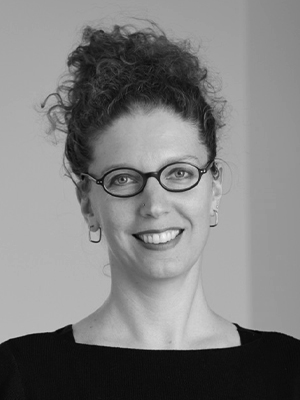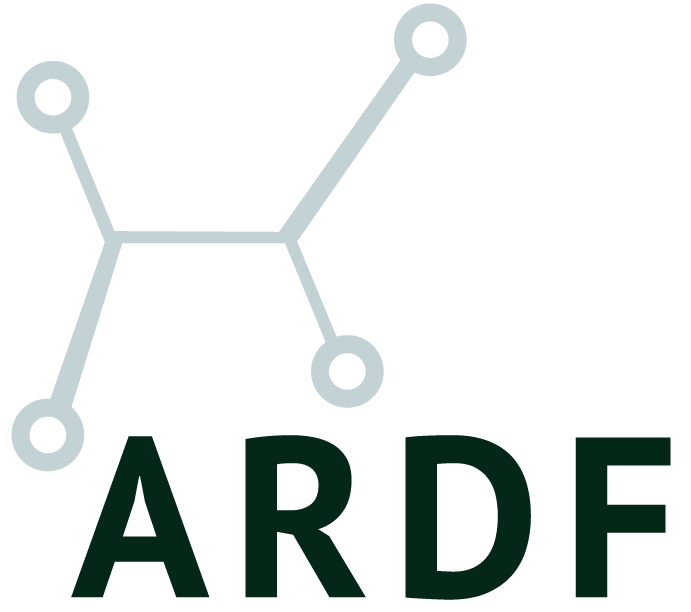ARDF Strategy
Fund
The ARDF
Annual Open Grant Program was established to fund research projects that develop alternative methods or utilize an alternative approach in research, testing or education. Over $4 million in grants have been awarded to date.
ARDF's new
Alternatives in Research (AiR) Challenge program will stimulate innovation in alternative methods, focused on biomedical research.
Promote
ARDF works to promote alternatives through the sponsorship of scientific meetings across the globe, participation in regulatory and industry meetings, and providing free consultations with media representatives, scientists, and government officials. ARDF also engages in legal advocacy to accelerate acceptance and utilization of alternative methods, such as its successful legal petitions to National Institutes of Health to require its grantees to produce monoclonal antibodies via
in vitro methods, as opposed to traditional mouse ascites.
Reward
Recognizing individuals in the scientific community who have made extraordinary contributions to the advancement of alternatives, ARDF rewards scientists through its
William and Eleanor Cave Award.
Leadership
Luke Klein | President
Luke Klein was elected President and CEO of the Alternatives Research & Development Foundation in 2025. Luke holds a BA from Temple University and an MBA in Management from Fitchburg State University, and his career has been focused on organizational development, ethical advocacy, and international engagement. Luke has been working for ARDF since 2018 and served as the foundation’s Director of Operations prior to becoming President. Luke also serves as President of ARDF’s affiliate, American Anti-Vivisection Society. He is Executive Editor of the organization’s magazine, A-V, and Chair of the Coalition for Consumer Information on Cosmetics, which operates the Leaping Bunny Program for companies based in the U.S. and Canada. He has served on several boards, including as a current board member of the Global Federation of Animal Sanctuaries.
Angela N. Hvitved | Director
Dr. Hvitved manages ARDF’s grant application, review, and post-award activities, and helps to develop new programs and funding strategies. Prior to joining ARDF, she worked as a scientific review consultant, managing scientific review for clinical trial proposals.
Earlier in her career, Dr. Hvitved held positions in both policy and regulatory offices in the federal government. She served as a Public Health Advisor at the U.S. Department of Health and Human Services (HHS) Office for Human Research Protections (OHRP) and was a Health Science Policy Analyst at the National Institutes of Health (NIH), where she covered a broad range of policy areas. Dr. Hvitved received a PhD in Biochemistry and Cell Biology from Rice University and a PhD in Philosophy from Johns Hopkins University.
Board of Directors
Luke Klein |
President
Joseph Ludwig |
Vice President
Aaron McIntyre |
Treasurer
Denise Cowie |
Secretary
Nadia Adawi, Esq.
Robert Finn
Eileen Smith
Sue A. Leary | President Emerita





